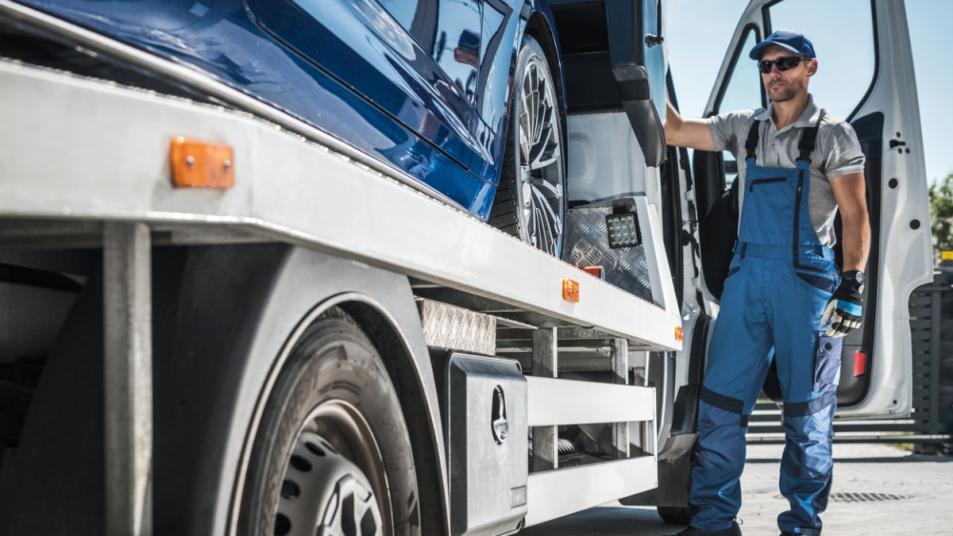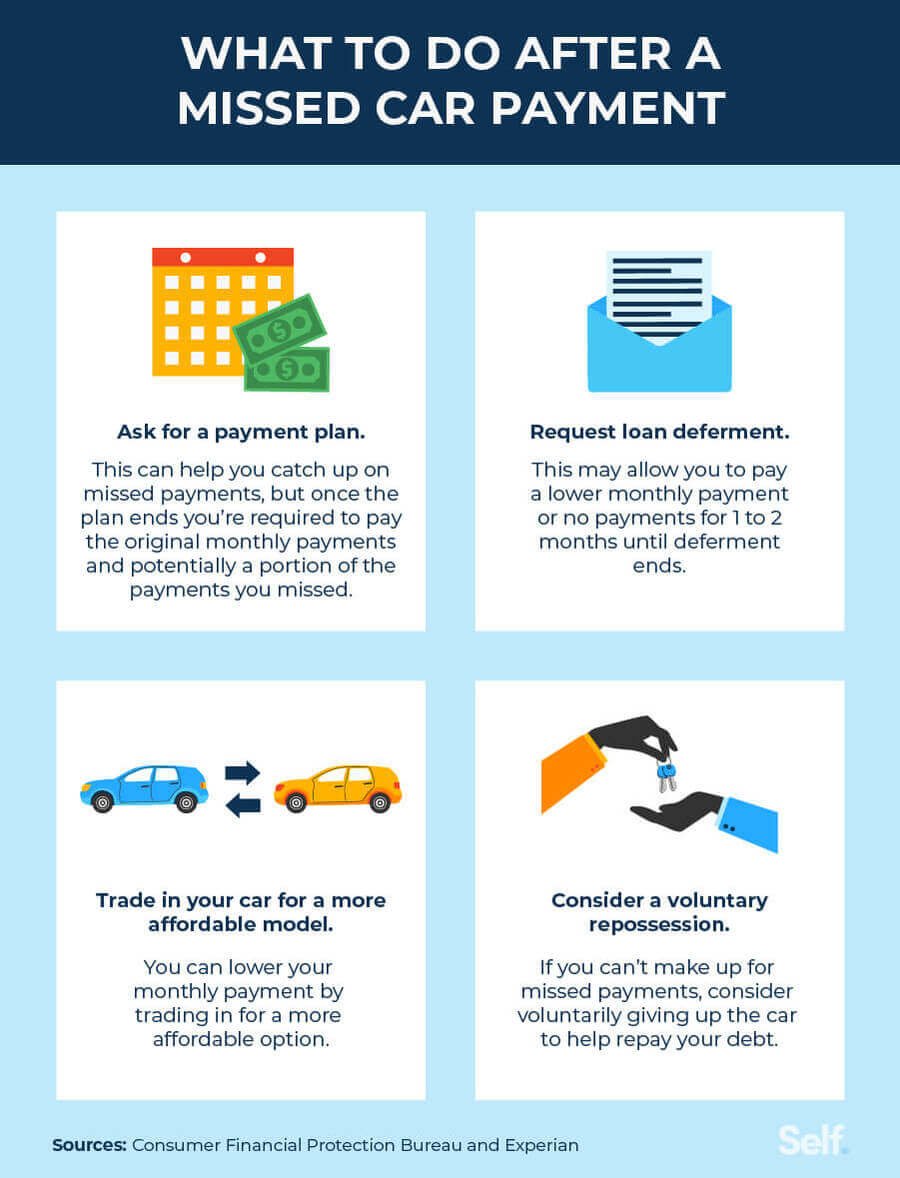Are you worried about how far behind you can fall on your car payments before the dreaded tow truck shows up? You’re not alone.
Many people find themselves in a tight spot, juggling bills and trying to keep their heads above water. But when it comes to your car, a vital part of your daily life, you want to know exactly where you stand.
How many months can you miss before your car is repossessed? This isn’t just about avoiding inconvenience; it’s about safeguarding your freedom and peace of mind. Understanding the timeline can give you the power to act before it’s too late. Stay with us as we unravel the mystery of car payment deadlines and reveal what you can do to protect your vehicle and your financial future.
Car Loan Basics
Car loans help to buy cars without full payment upfront. Borrowers pay monthly to the lender. Missing a payment can be risky. If payments are missed, the lender may take back the car. This is called repossession. Repossession happens when payments are late. It can start after just a few missed payments. Usually, lenders contact borrowers before taking the car.
Paying on time keeps you safe. Late payments affect your credit score. A low score can make future loans hard. It’s important to budget for car payments. Setting reminders can help avoid late payments. Always check your loan agreement. It shows how many months before repossession starts.
Typical Grace Periods
Car payments often have a grace period. This is a short time after the due date. During this period, late fees might not apply. Usually, this grace period lasts 10 to 15 days. Each lender has its own rules. Always check your loan agreement. Some lenders are more flexible than others. They might allow more time. But being late can still affect your credit score. Staying on time with payments is important. It helps keep your car safe from repossession. Always communicate with your lender if needed.
Factors Influencing Repossession Timelines
Missing car payments can lead to repossession, often starting after two to three months of missed payments. Lender policies and state laws can affect timelines, making it crucial to address payment issues promptly.
Lender Policies
Lenders have different rules for repossession. Some may act quickly. Others might wait longer. Lender policies often depend on the loan agreement. If you miss a payment, contact your lender. They might offer solutions. Sometimes, lenders give grace periods. Understanding lender policies helps prevent surprises.
State Regulations
Each state has its own rules. State regulations affect how soon a car can be repossessed. Some states require lenders to notify you. Others may not. Knowing your state’s laws is important. It helps in planning. State rules can protect borrowers.
Borrower’s Payment History
Payment history matters a lot. Consistent payments show reliability. If payments are often late, lenders may act faster. Good payment history can delay repossession. It builds trust with lenders. Poor history may lead to quicker action. Keeping track of payments is crucial.
Warning Signs Before Repossession
Missing a single car payment may not cause panic. Yet, missing two months can be risky. Lenders start sending warnings. They might call or send letters. These are signs to act fast. Ignoring these can lead to trouble.
By the third month, lenders grow serious. They prepare for repossession. They might send more letters. Sometimes, they send agents to your home. This is a crucial time. It’s important to talk to them. Discuss payment plans or delays.
If payments are not made, the car can be taken. Repossession means losing your car. It also affects your credit score. Paying on time prevents this. Keeping communication open with lenders helps too.
Avoiding Repossession
Talking to lenders can help. They might offer solutions. Staying silent can lead to trouble. It’s good to be honest. Tell them your situation. Many people face similar issues. Lenders are used to this. They want their money back. They may suggest new plans. Keep the conversation open. It shows you care. It helps build trust.
Loan modifications can help you. They change how you pay. This means smaller payments. Or more time to pay. Lenders may change the interest rate. This lowers your monthly bill. You pay less each month. It helps you catch up. This can stop repossession. Many people find this helpful. Ask your lender about it. They might have options.
Financial counseling offers guidance. Experts help plan your money. They teach budgeting. This helps manage bills better. You learn to save money. Counselors know many tricks. They show how to spend wisely. They offer support. Sometimes it’s free. Many groups help with this. It’s wise to seek advice. It can make a big difference.

Legal Rights And Protections
State laws are different about car repossession. Some states give more time before a car can be taken. Other states might act faster. It’s important to know your state’s rules. This helps to understand what happens if payments are late.
Car owners have rights during repossession. Companies can’t use force to take the car. They must do it peacefully. You have the right to get your belongings from the car. The company can’t keep your personal items.
Long-term Consequences Of Repossession
Car repossession can hurt your credit score. This damage lasts for years. Your score might drop quickly. Lenders will see the repossession. They may think you are a risky borrower. This can make it hard to borrow money later. Keep your credit score safe. Pay your bills on time.
Getting a loan after repossession is tough. Lenders will check your history. They may ask for more money upfront. Higher interest rates might be offered. This means you pay more over time. Some lenders may even say no. Protect your future. Stay current on payments. Avoid repossession if you can.

Recovering After Repossession
A car can be repossessed after missing payments for several months. Typically, lenders start considering repossession after two or three missed payments. Recovering from repossession involves understanding the financial impact and exploring options to regain stability.
Rebuilding Credit
Start by checking your credit report for any errors. Paying bills on time can help rebuild your credit score. Consider a secured credit card to show good financial habits. Keep credit card balances low and don’t apply for many new accounts. Staying under a 30% credit utilization is best. Monitor your progress regularly. It takes time, but steady steps make a big difference. Patience and persistence are key in this journey.
Alternative Transportation Options
Look into using public transportation like buses or trains. Consider carpooling with friends or coworkers to share costs. Renting a car for a short term can be a temporary solution. A bicycle is a healthy and cheap option for short distances. Check online for used cars within your budget. Sometimes, family or friends can lend a vehicle. Explore local ride-sharing services for convenient travel. These options can help until you get a new car.

Frequently Asked Questions
How Many Months Behind Before Car Repossession?
Car repossession typically occurs after you miss three consecutive payments. However, this can vary based on your lender’s policies and your loan agreement. It’s crucial to communicate with your lender if you’re struggling to make payments. They might offer solutions to help avoid repossession.
Can A Car Be Repossessed After One Missed Payment?
While it’s uncommon, some lenders have the right to repossess after one missed payment. However, most wait until you’ve missed several payments. Always review your loan agreement for specific terms. Communicating with your lender promptly can prevent drastic measures like repossession.
What Happens When You Miss A Car Payment?
When you miss a car payment, late fees may apply, and your credit score could be impacted. Continued missed payments might lead to repossession. To prevent this, contact your lender to discuss potential payment arrangements or deferment options.
How Can I Avoid Car Repossession?
To avoid car repossession, maintain open communication with your lender. Discuss any financial difficulties immediately. They may offer options like a payment plan or loan modification. Keeping them informed can help protect your vehicle and credit score.
Conclusion
Understanding car payment timelines is crucial. Missing payments can lead to repossession. Stay informed. Know your lender’s policies and grace periods. This helps avoid surprises. Communicate with your lender early if facing difficulties. Many offer solutions. Payment plans, extensions, or temporary relief.
Keep track of payment dates. Set reminders. This aids in timely payments. Regular communication builds trust. It shows responsibility. Take proactive steps to avoid repossession. Protect your credit score. Maintain your vehicle. Financial stability matters. Plan wisely. Make informed decisions about car payments.
It ensures peace of mind.


